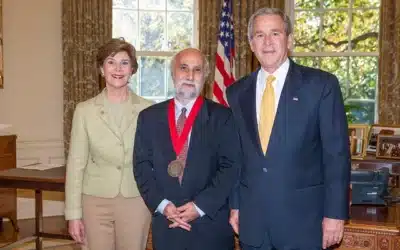Airbnb has reported that about 4,800 Chicagoans are Airbnb hosts, and they earn an average of $5,300 per year renting out their homes through the service.
As the Chicago Cubs fought for their first World Series win since 1908, Chicagoans who rented out their homes made at least $2.6 million on home-sharing rentals.
Fans were happy. Homeowners were happy. Chicago, a city that could always use more economic activity, saw a boom in visitors flowing in to spend money in town.
But it’s not just during a Cubs World Series run that Chicago benefits from home-sharing services like Airbnb.
Airbnb has reported that about 4,800 Chicagoans are Airbnb hosts, and they earn an average of $5,300 per year renting out their homes through the service. On the South Side alone, Airbnb hosts made a total of $2.6 million in 2015. Many of those people rely on that income to pay their mortgages and property tax bills.
But in June 2016, Mayor Rahm Emanuel signed a city ordinance severely restricting homesharing in Chicago — for no good reason.
Chicago’s home-sharing ordinance is 58 pages long. It’s full of legal jargon so confusing that few attorneys, let alone ordinary homeowners, could understand it. Yet, homeowners who don’t comply with these confusing new regulations can be shut down, fined or even imprisoned.
On Nov. 15, the Liberty Justice Center – together with the Goldwater Institute, a public-interest law firm based in Phoenix, Ariz. – filed a lawsuit on behalf of Chicago homeowners challenging Chicago’s home-sharing ordinance for violating the Illinois Constitution and the U.S. Constitution.
Chicago’s home-sharing ordinance is unconstitutional in numerous ways.
Read the rest by Jacob Huebert at Illinois Policy Institute.






























